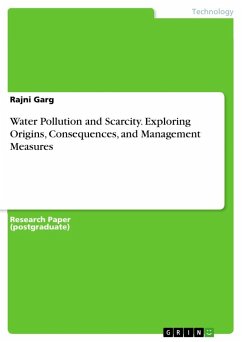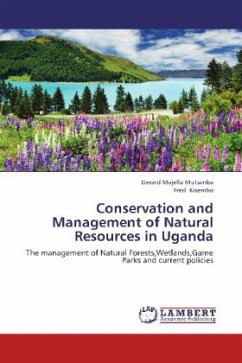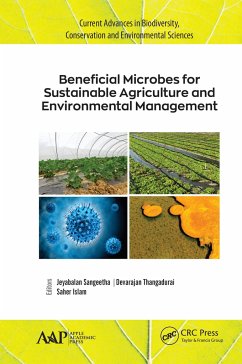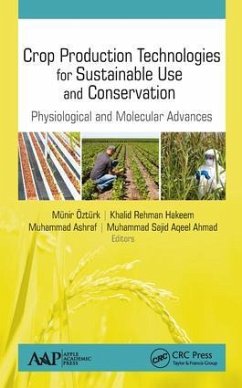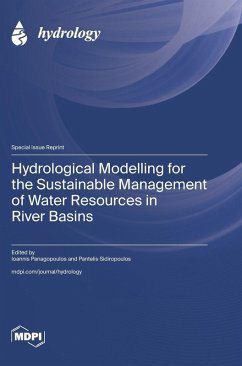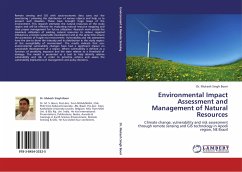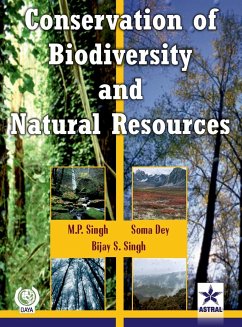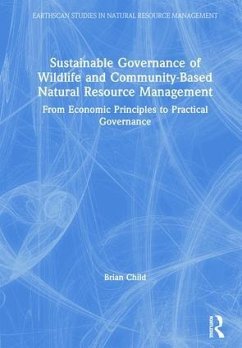Sumit Chakravarty, PhD, is Professor and Head of the Department of Forestry, Uttar Banga Krishi Viswavidyalaya, Pundibari, West Bengal, India. With over 20 years in forestry training, research, and development, he has published many research papers, book chapters, and books and has completed research projects on forest ecology, medicinal plants, and agroforestry. He has trained more than 50 master's and doctoral students and has attended more than 50 national and international conferences as presenter and invited speaker. Vineeta, PhD, is Assistant Professor in Forestry at Uttar Banga Krishi Viswavidyalaya, Pundibari, West Bengal, India. She has more than eight years of teaching and research experience in the field of forestry, focusing on ethnobotany, non-timber forest products, agroforestry, and medicinal plants. She has authored research papers, book chapters, and two books. Jahangeer A. Bhat, PhD, is associated with the Piramal Foundation for Education Leadership at Piramal University, Mumbai, India. Formerly, he was associated with the College of Horticulture and Forestry at Rani Lakshmi Bai Central Agricultural University, India, and was Head of the Department of Forestry at the College of Agriculture, Fisheries and Forestry at Fiji National University. He has been instrumental in developing higher education and technical and vocational education and training streams of forestry and allied programs. Munesh Kumar, PhD, is Professor of Forestry and Natural Resources at H.N.B. Garhwal University, Uttarakhand, India. He formerly served at Mizoram University, Aizawl, India. His areas of interest are forest ecology and biodiversity, agroforestry, and ethnobotany. He has more than 17 years of teaching and research experience and has published many papers in international and national journals as well as several books. Dr. Kumar has also guest edited the journals Land, Frontier of Environmental Sciences, and Frontiers in Forests and Global Change, and is an Associate Editor for PLOS-Climate Journal. Gopal Shukla, PhD, is Professor of Forestry at North Eastern Hill University, Meghalaya, India. He was formerly affiliated with Uttar Banga Krishi Viswavidyalaya, Pundibari, West Bengal, India. Dr.Shukla has teaching and research experience of more than 12 years. He has worked on projects that include the National Agricultural Innovation Project, National Innovations in Climate Resilient Agriculture, and others. He has published many research papers, book chapters, and several books.








